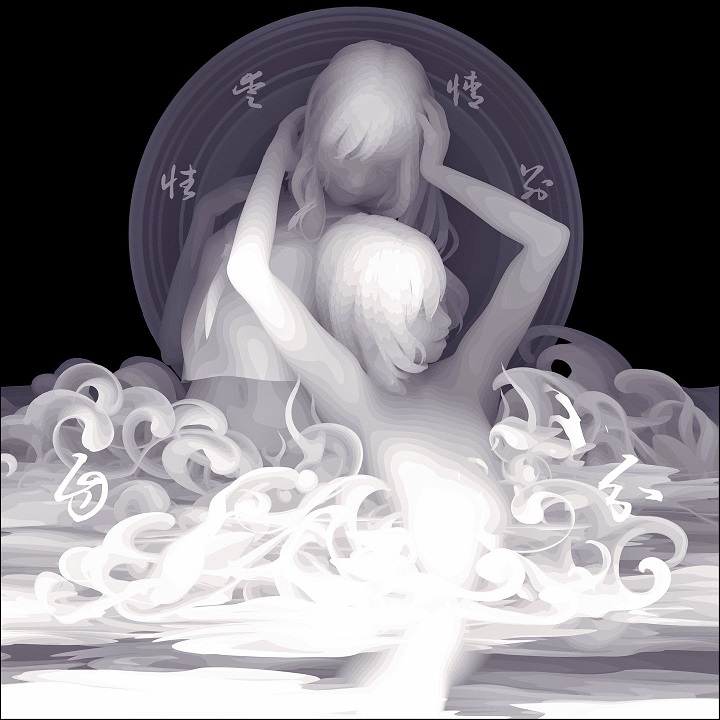
In my previous blog Agapeta, I devoted several posts to poems written by my readers, that is, people who liked my posts, commented on them, or subscribed to the blog. Among these poems, my favourite was written by one of my earliest readers, and it appeared in April 2014.
Sophia, NOT Loren! writes a blog titled Σαφικος Σοφια (Saphikos Sophia), subtitled Occasional wisdom (and frequent folly) from the lips of a lesbian. Her poem deals with forbidden (or stigmatised) love:
A love sonnet
April 17, 2014 — Sophia, NOT Loren!
Someday the world will see our love as such
And understand the beauty that we share
No whispering (afraid to speak too much!)
No more denying what is plainly there
We know the feelings deep within our hearts
And seek out other hearts who beat the same
Such agony, such doubt! When first we start
Alone, we dare not even use love’s name.
We reach out — only subtle hints we leave.
We speak in riddles, deftly-chosen words
Which give a sign to those who would receive
Then echo back, with recognition heard.
Such little choice: to love in secrecy,
Or brand ourselves as monsters openly…
This reminds us of two poems by Lord Alfred Douglas secretly defending homosexuality against its stigmatisation, both published in The Chameleon, December 1894. In “Two Loves” the poet sees two young boys, a joyous one singing “of pretty maids / And joyous love of comely girl and boy,” and a sad one, about whom the other says “his name is Shame,” but who answers then “Have thy will, / I am the Love that dare not speak its name.” The other poem “In Praise of Shame” says “I am Shame/ That walks with Love, I am most wise to turn / Cold lips and limbs to fire;” it ends then with “Of all sweet passions Shame is loveliest.”
Both poems were used against Oscar Wilde in his 1895 trials, and the writer responded to his accuser with the following brilliant repartee:
“The Love that dare not speak its name” in this century is such a great affection of an elder for a younger man as there was between David and Jonathan, such as Plato made the very basis of his philosophy, and such as you find in the sonnets of Michelangelo and Shakespeare. It is that deep, spiritual affection that is as pure as it is perfect. It dictates and pervades great works of art like those of Shakespeare and Michelangelo, and those two letters of mine, such as they are. It is in this century misunderstood, so much misunderstood that it may be described as the “Love that dare not speak its name,” and on account of it I am placed where I am now. It is beautiful, it is fine, it is the noblest form of affection. There is nothing unnatural about it. It is intellectual, and it repeatedly exists between an elder and a younger man, when the elder man has intellect, and the younger man has all the joy, hope and glamour of life before him. That it should be so the world does not understand. The world mocks at it and sometimes puts one in the pillory for it.
Even when it is denied, stigmatised and demonised, love remains love, and it will always find a welcome place in Poets and Lovers.
Previously published on Agapeta, 2018/04/24.

